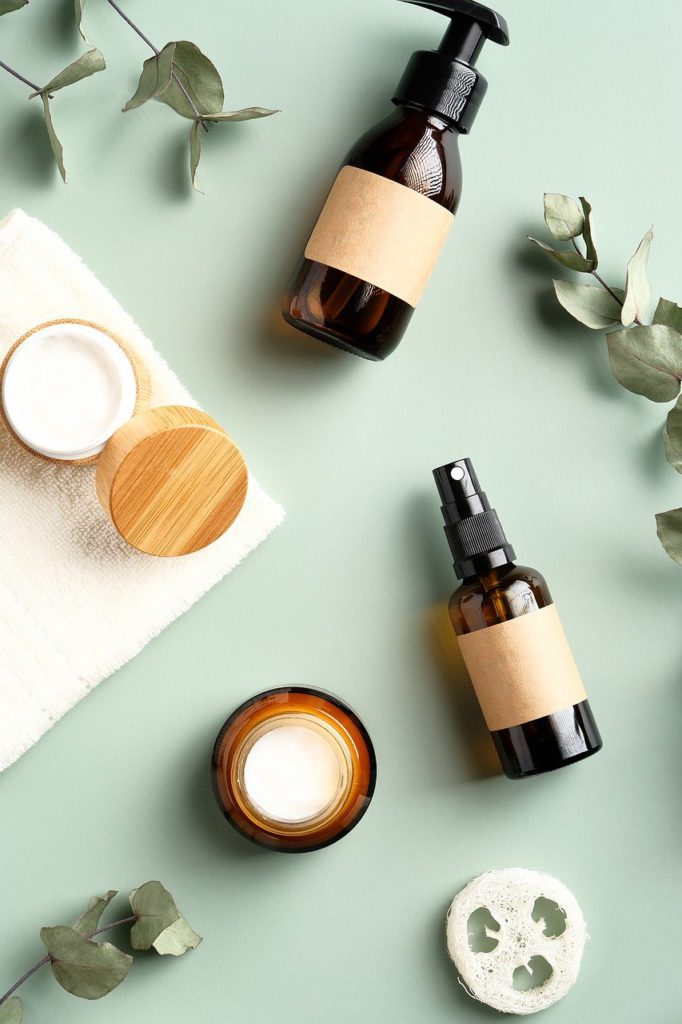
Now that you’ve decided to make natural skincare products, you need to make sure you’re choosing the right ingredients to improve your skin’s condition. One of the most exciting parts of learning how to make natural skin care products is using the various herbal ingredients available to skincare product developers. Now that you have a rough idea of the types of ingredients to use, it’s time to decide which natural skincare products you’ll be producing.
Before buying any product, it is very important to know your skin type so that you can buy the right product and get the best value for your money. There are many different skin types and each requires a different product, so it can be difficult to find the right one. Any product that works best for your skin type, natural or otherwise, is more likely to be effective.
While helpful, some people may be intolerant to certain ingredients in natural skin products. Another important question is whether the ingredients in skincare products enter your body “naturally”.
Traditional skincare products often contain potentially harmful chemicals that can irritate the skin, so you should look for products made with natural ingredients and free of questionable chemicals. If you have chronically dry skin, make sure you use products that do not contain ingredients, such as alcohol, that can continue to dry out your skin. For example, if you have dry skin, you need to choose products with moisturizing properties.
Avoid products that contain petroleum jelly (Vaseline) or other ingredients that make the skin greasy. Some natural substances and ingredients do more harm than good, especially when it comes to essential oils. What you expect from a natural product may not always match the manufacturer’s use of the term, and for essential oils like lavender and tea tree that have been linked to possible endocrine disruption, it may sometimes be more beneficial to choose an essential oil. Safe synthetic ingredients. While natural skincare products contain ingredients that are generally very safe for the skin, you may sometimes use ingredients that can cause allergies when used in their pure form, such as many essential oils.
Sometimes organic terms find their way into natural brand skincare products, but it’s hard to know what the truly harmful ingredients might be. Although all the ingredients of a product are similar and easily confused with each other, natural, natural derivatives and identical nature are not the same thing. This means that many companies may use one or two natural products (often at the end of the ingredients list) and call themselves natural.
Brands that use organic and all-natural ingredients usually proudly print the logo on the packaging. Products that are not organic or all-natural will not have these logos. You can find certified organic, certified natural, cruelty-free, and other similar logos that let you know the status of their ingredients. You should look for labels that say “certified organic” or “made with natural ingredients” to make sure it has no hidden chemicals or parabens.
The FDA also warns that formulas and products may claim to be natural, organic, and/or formaldehyde-free, although this is not true. Federal law does not require a company to disclose the composition of a product’s flavor (you can just say “flavor” on the ingredients).
Fragrances can contain thousands of different ingredients, often referred to as the “secret ingredients” that make a product unique. Occasionally, scented product mixes may contain a mix of chemicals that you may not want to put on your skin. Common skin-harming products in skincare products include toluene, parabens, phthalates, triclosan, formaldehyde, some dyes, and fragrances.
Buying locally-sourced skincare products often mean they are made with locally sourced ingredients, which can provide financial benefits to your community. But if you know which ingredients to look for and which products are best for your skin, it’s always great to shop locally and help support small businesses. Buying from a big brand can also help make sure you’re buying a product that’s safe and isn’t counterfeit or made with ingredients that could harm your skin. By paying close attention to the ingredients in your favorite beauty products, you can support your body and company in creating natural products.
If you want to buy the best products, you first need to understand the ins and outs of your skin. We give you an in-depth understanding of the beauty industry and the importance of using natural and organic beauty products in Australia. To separate science from sci-fi, we interviewed top beauty experts; in-depth research and data; and cleaned, dried, and sprayed hundreds of clean skin and hair care products to find out what pure and natural beauty really means. What I love about all-natural beauty is understanding the science behind the different ingredients and how each can benefit your skin and hair differently.
To help, we’ve tried natural skincare brands from different brands to find the best cleanser, toner, serum, face moisturizer with SPF, and night cream. Different skincare products will be priced differently based on factors such as quality, packaging, and some of the ingredients used. If natural or organic products don’t fit into your budget, you may want to check with your dermatologist to find an alternative that’s right for your skin.
They must be well versed in skincare and can easily explain the difference between natural and non-natural products. Ingredients like artificial colors and fragrances, alcohol, stabilizers, etc. are more often found in commercial skincare products, usually, because they help products look good (without any extra work), while still generating a large portion of the brand’s profits. Marketing a product or ingredient as “natural” is something we think should be highly suspicious.